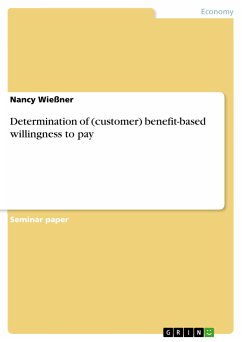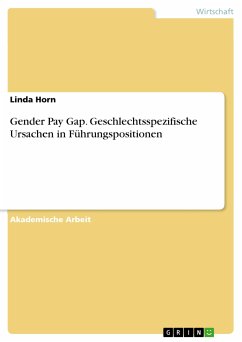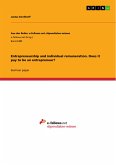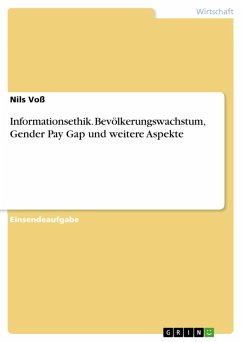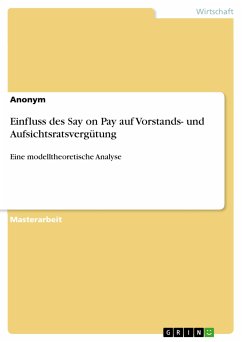Seminar paper from the year 2018 in the subject Business economics - Miscellaneous, grade: 1,0, University of Applied Sciences Riedlingen, language: English, abstract: Küchenhelfer GmbH, a manufacturer of kitchen appliances, has set itself the goal of investing in digitization. The management wants to fight against the increasing competitive pressure and re-establish itself as a major market leader. Although the company has already taken the first steps towards digitization, such as its own website and internal digital processes, the management would like to change its business model and enter the market with a highly digitized food processor. This food processor can automatically download cooking recipes from an online platform operated by Küchenhelfer GmbH. You can also upload recipes you have created to the online platform. With the help of sensors, the machine is also intended to revolutionize the “smart home” concept as an extension. The food processor connects to the refrigerator via WiFi and checks whether the fresh ingredients required for the recipes are available. If any are missing, they can be conveniently ordered and delivered online via an online grocery shop. Integration with intelligent storage cupboards and an interface to intelligent kitchen stoves are also planned. Since go-to-market comes with the introduction of a new business model, marketing has to deal with pricing strategy for the time being. The machine is rented for a comparatively low monthly fee. However, the customer pays additional fees for using the online services (sharing recipes, networking with refrigerators, etc.). A new price model is also to be used for this, which contains both a variant based on the benefit intensity and a “flat rate” variant. However, the management is now faced with the question of whether this food processor and the associated business model have any chance on the market at all. In addition to other issues, the management is particularly interested in how high the individual willingness to pay of customers will be in relation to the use of online services.

